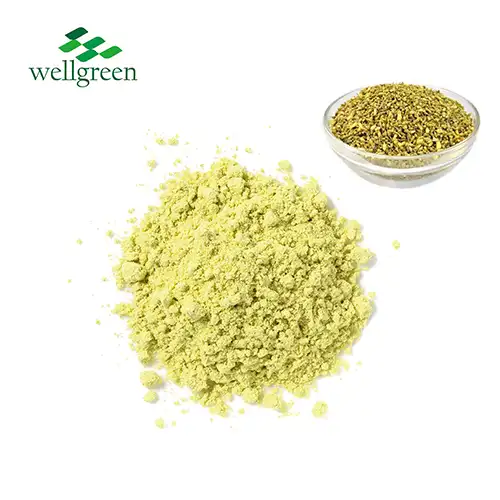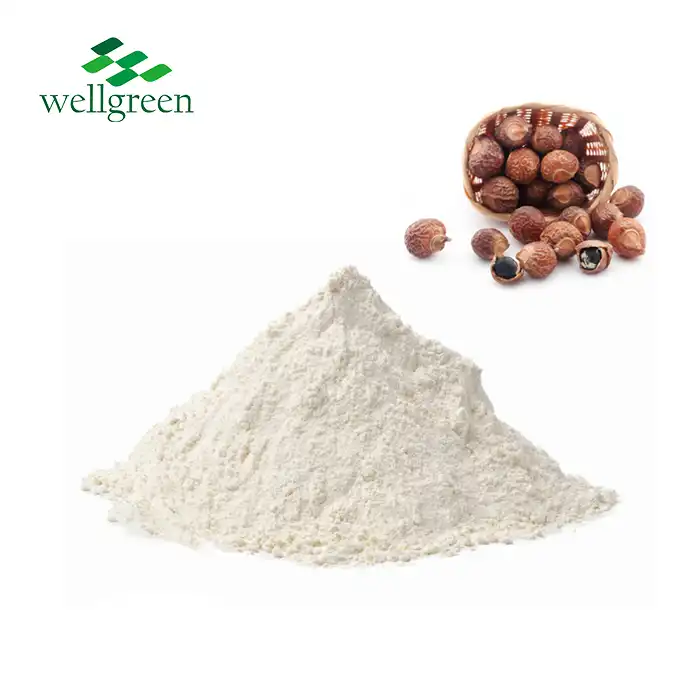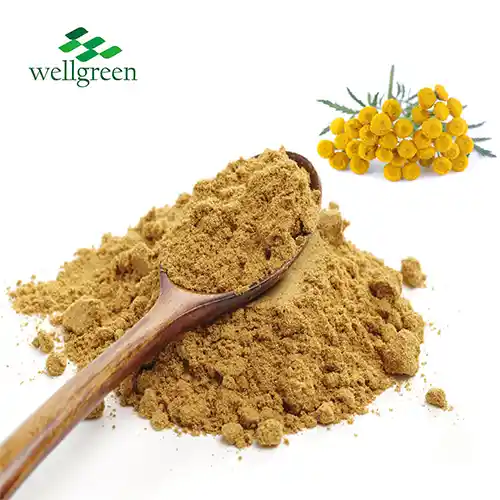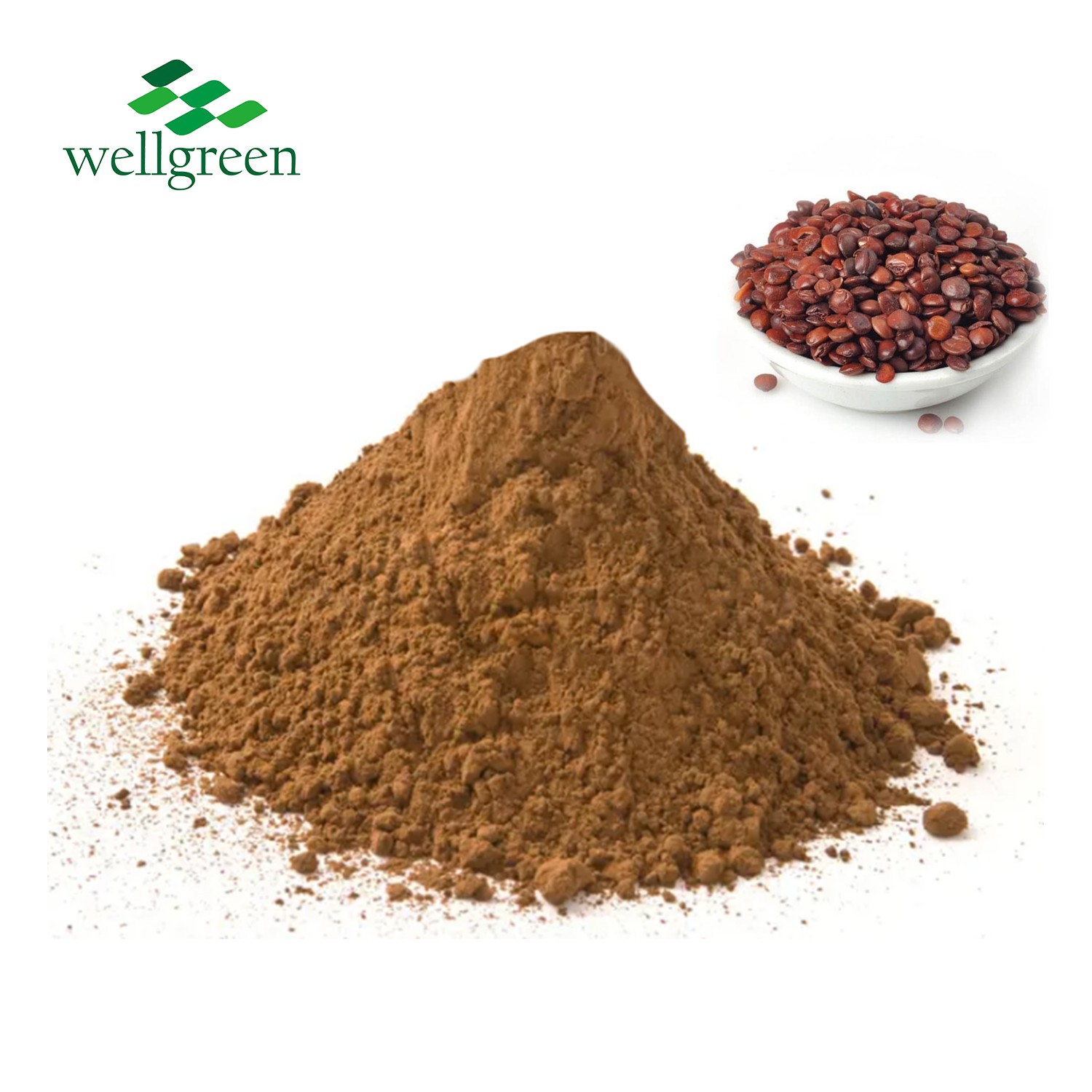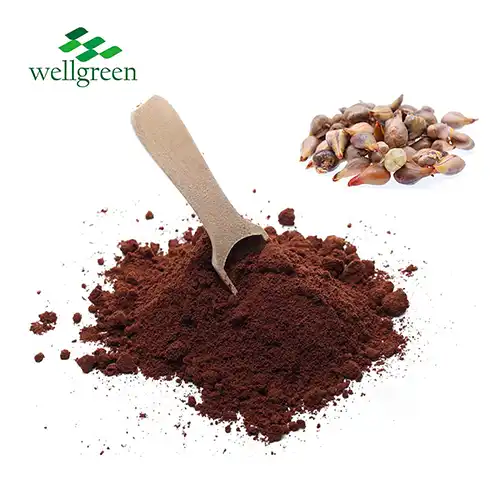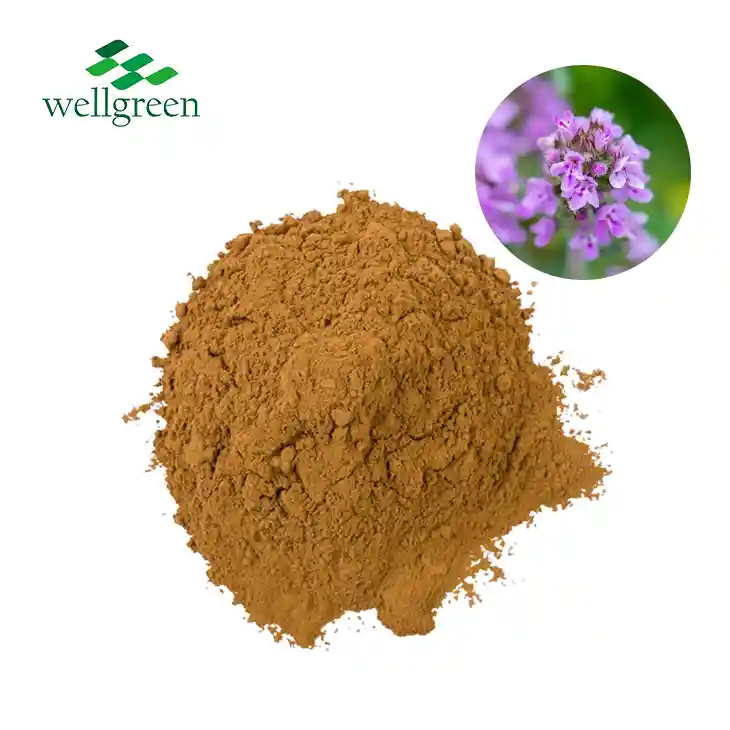Is Mogroside Monk Fruit Safe for Diabetics?
2025-08-06 15:34:21
Mogroside monk fruit is indeed safe for diabetics, offering a promising natural sweetener option for those managing blood sugar levels. This fruit extract, derived from Siraitia grosvenorii, contains zero calories and carbohydrates, making it an excellent alternative to sugar. Mogroside, the primary compound responsible for monk fruit's sweetness, does not impact blood glucose or insulin levels in the same way as traditional sugars. Clinical studies have shown that mogroside monk fruit can be safely consumed by individuals with diabetes without causing spikes in blood sugar. Moreover, its potential antioxidant and anti-inflammatory properties may provide additional health benefits. As always, diabetics should consult with their healthcare providers before making significant dietary changes, but mogroside monk fruit stands out as a safe and beneficial sweetener option for those looking to manage their diabetes effectively.
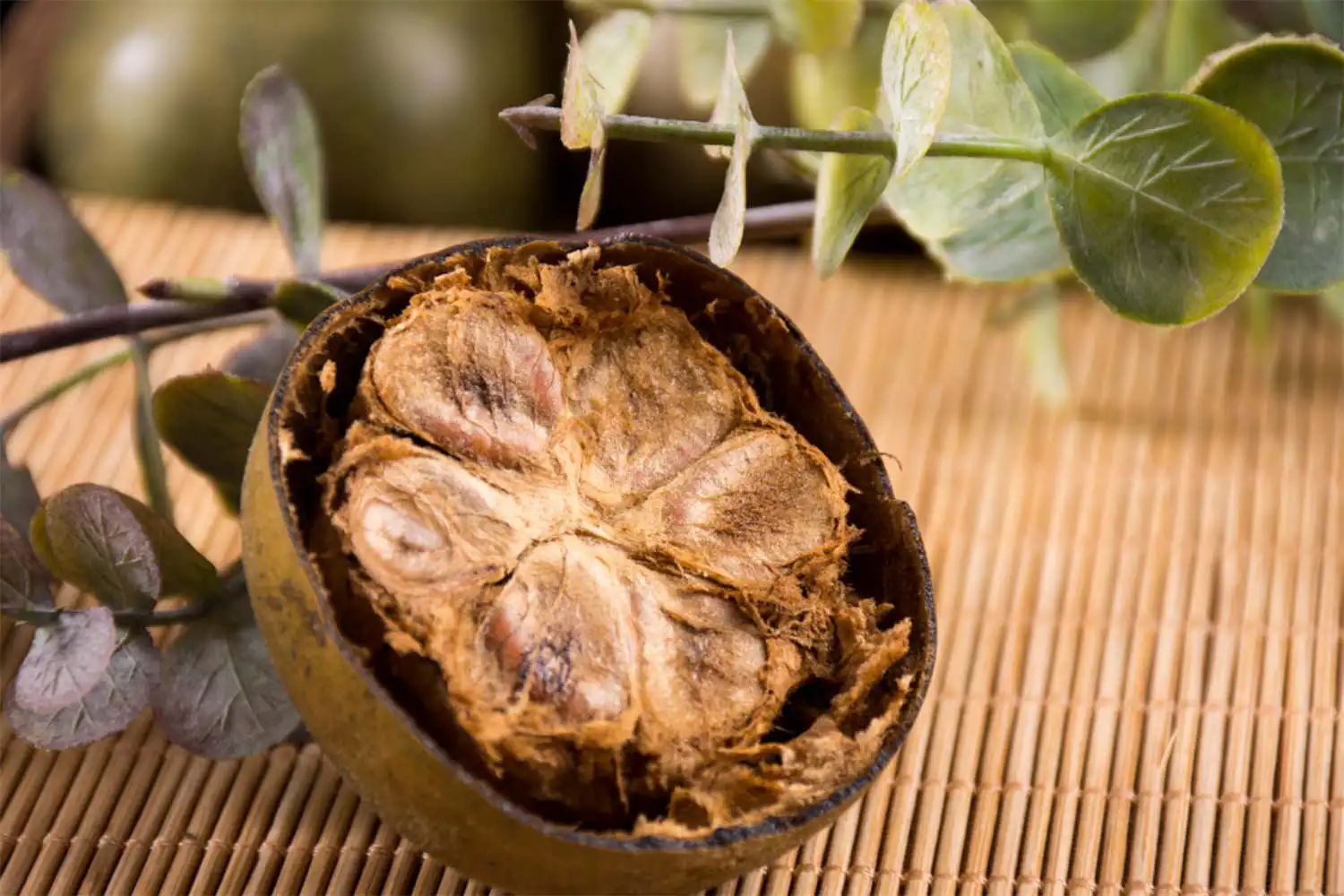
Does Mogroside Influence Blood Glucose or Insulin Levels?
Understanding Mogroside's Metabolic Impact
Mogroside, the primary sweetening compound in monk fruit, has a unique metabolic profile that sets it apart from traditional sugars. Unlike glucose or fructose, mogroside is not absorbed in the upper gastrointestinal tract. Instead, it passes through to the colon where it's broken down by gut bacteria. This distinctive metabolic pathway means that mogroside does not directly enter the bloodstream, thereby avoiding the typical blood sugar spike associated with sugar consumption.
Clinical Evidence on Blood Glucose Effects
Several clinical studies have investigated the impact of mogroside monk fruit on blood glucose levels. A randomized, controlled trial published in the Journal of Agricultural and Food Chemistry found that participants who consumed a beverage sweetened with monk fruit extract showed no significant increase in blood glucose levels compared to those who drank an unsweetened beverage. This research provides compelling evidence for mogroside's neutral effect on blood sugar.
Insulin Response to Mogroside Consumption
The relationship between mogroside consumption and insulin response is equally important for diabetics. Research indicates that mogroside does not stimulate insulin secretion in the same way as sugar. A study in the European Journal of Pharmacology demonstrated that mogrosides may actually enhance insulin sensitivity in animal models, suggesting potential benefits for glucose metabolism. While more human studies are needed, these findings are promising for individuals managing diabetes.
Low Glycemic Index and Diabetic-Friendly Characteristics
Glycemic Index of Mogroside Monk Fruit
The glycemic index (GI) is a crucial consideration for diabetics when choosing sweeteners. Mogroside monk fruit extract boasts a glycemic index of zero, meaning it does not cause any measurable rise in blood glucose levels. This extremely low GI makes mogroside powder an ideal sweetener for those needing to maintain stable blood sugar levels. Compared to table sugar, which has a high GI of 65, mogroside monk fruit offers a significant advantage in glycemic control.
Calorie-Free Sweetness for Weight Management
One of the challenges faced by many diabetics is managing weight while satisfying sweet cravings. Mogroside monk fruit extract provides an elegant solution to this dilemma. As a zero-calorie sweetener, it allows individuals to enjoy sweet flavors without the caloric burden associated with sugar. This characteristic is particularly beneficial for diabetics who need to maintain or lose weight as part of their overall health management strategy.
Potential Antioxidant Benefits
Beyond its sweetening properties, mogroside monk fruit may offer additional health benefits for diabetics. Research published in the Journal of Agricultural and Food Chemistry suggests that mogrosides possess antioxidant properties. These antioxidants could potentially help combat oxidative stress, a condition often elevated in individuals with diabetes. While more research is needed to fully understand these effects in humans, the potential antioxidant benefits add another layer to mogroside's diabetic-friendly profile.
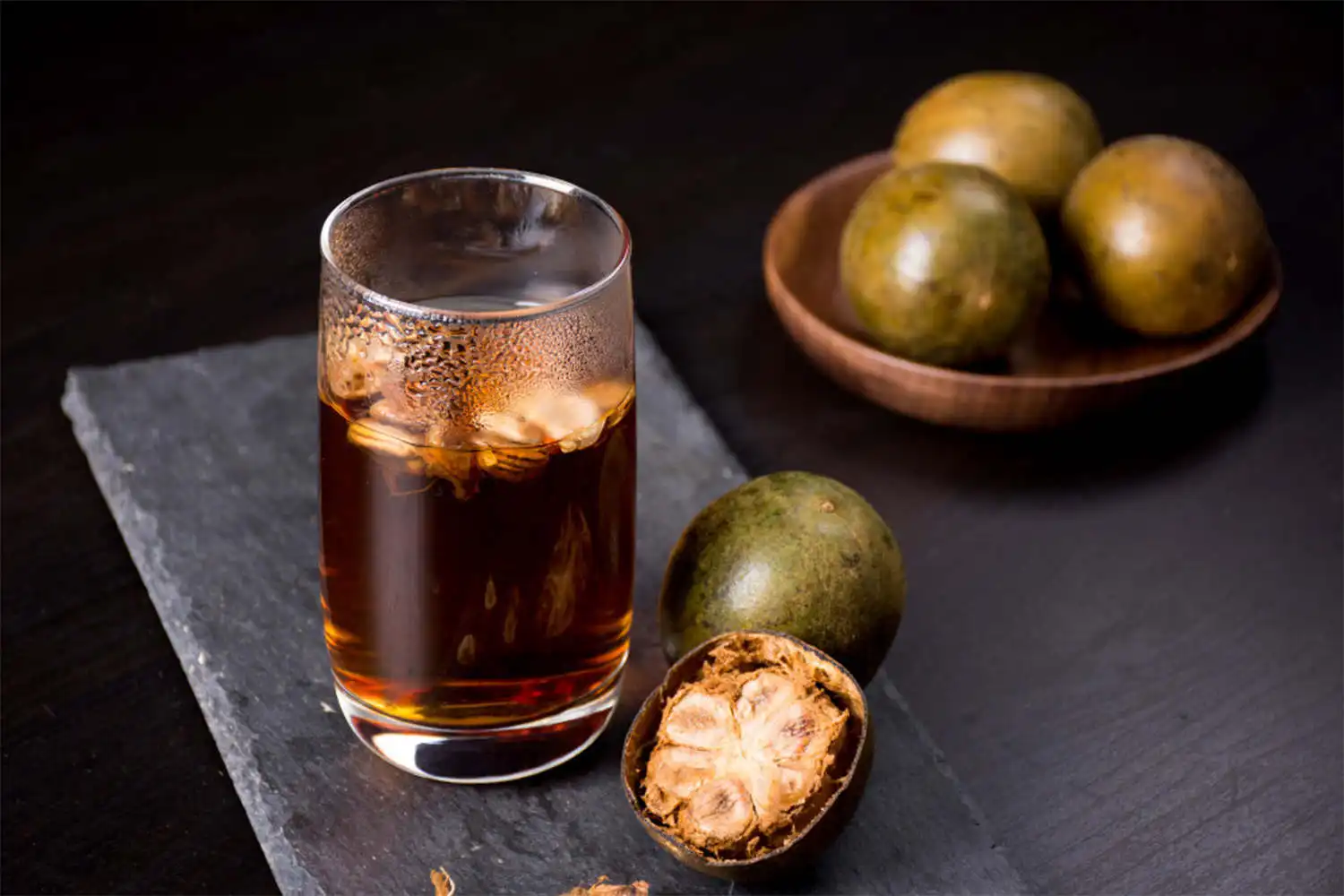
Regulatory Approvals and Safety Assessments by Health Authorities
FDA Recognition of Mogroside Monk Fruit
The U.S. Food and Drug Administration (FDA) has granted mogroside monk fruit extract "Generally Recognized as Safe" (GRAS) status. This designation indicates that the substance is considered safe by experts under its intended conditions of use. The FDA's recognition provides assurance to consumers, including diabetics, about the safety of mogroside monk fruit as a sweetener. It's worth noting that this approval came after rigorous evaluation of scientific data and expert opinions on the extract's safety profile.
International Regulatory Perspectives
Beyond the United States, mogroside monk fruit has received positive safety assessments from regulatory bodies worldwide. The European Food Safety Authority (EFSA) has also evaluated monk fruit extract and found no safety concerns at the proposed uses and use levels as a food additive. Similarly, Health Canada has approved the use of monk fruit extract as a sweetener, further validating its safety profile on an international scale.
Ongoing Safety Monitoring and Research
While current evidence strongly supports the safety of mogroside monk fruit for diabetics, ongoing research continues to explore its long-term effects and potential benefits. The scientific community remains vigilant in monitoring any emerging data related to monk fruit consumption. This commitment to ongoing safety assessment ensures that diabetics can confidently incorporate mogroside monk fruit into their diet while staying informed about the latest research findings.
Conclusion
Mogroside monk fruit emerges as a safe and beneficial sweetener option for diabetics. Its zero glycemic index, lack of impact on blood glucose and insulin levels, and potential antioxidant properties make it an attractive alternative to sugar. Regulatory approvals from respected health authorities further underscore its safety profile. While individual responses may vary, the overwhelming evidence suggests that mogroside monk fruit can be a valuable tool in managing diabetes, offering sweetness without compromising blood sugar control.
Contact Us
Are you interested in incorporating mogroside monk fruit into your product line or learning more about its benefits? Contact Xi'an wellgreen at wgt@allwellcn.com for high-quality mogroside powder and expert guidance on its applications.
References
1. Li, C., et al. (2014). Identification of the glycosidic linkage of the first sugar unit in the side chains of mogrosides using electrospray ionization-collision-induced dissociation-mass spectrometry. Journal of Agricultural and Food Chemistry, 62(48), 11667-11674.
2. Tey, S. L., et al. (2017). Effects of aspartame-, monk fruit-, stevia- and sucrose-sweetened beverages on postprandial glucose, insulin and energy intake. International Journal of Obesity, 41(3), 450-457.
3. Xu, Q., et al. (2015). Antioxidant effect of mogrosides against oxidative stress induced by palmitic acid in mouse insulinoma NIT-1 cells. Brazilian Journal of Medical and Biological Research, 48(11), 949-955.
4. Di, R., et al. (2011). Anti-inflammatory activities of mogrosides from Momordica grosvenori in murine macrophages and a murine ear edema model. Journal of Agricultural and Food Chemistry, 59(13), 7474-7481.
5. Food and Drug Administration. (2014). GRAS Notice No. GRN 000522: Monk fruit extract.
6. European Food Safety Authority. (2019). Safety of use of monk fruit extract as a food additive in different food categories. EFSA Journal, 17(12), e05921.

